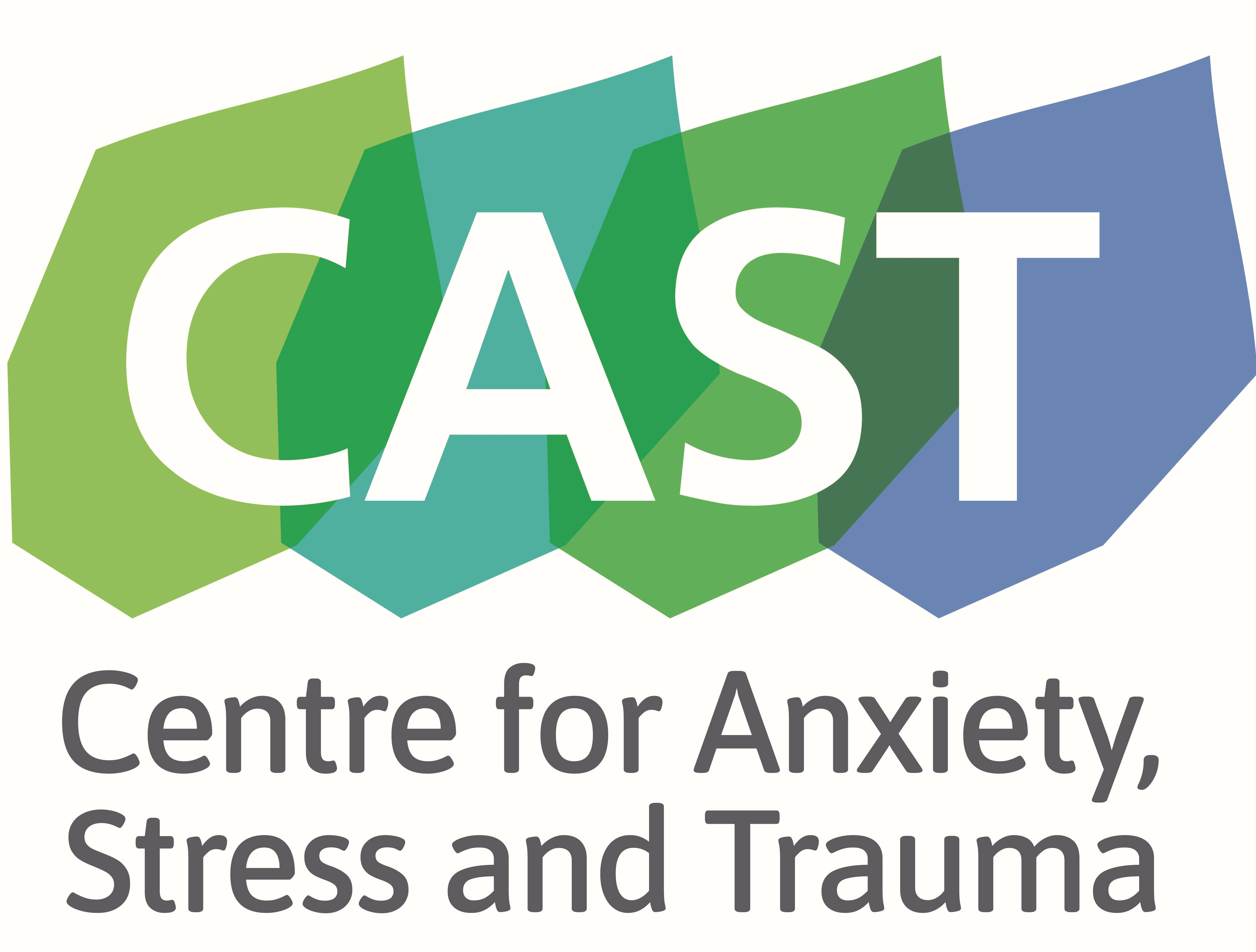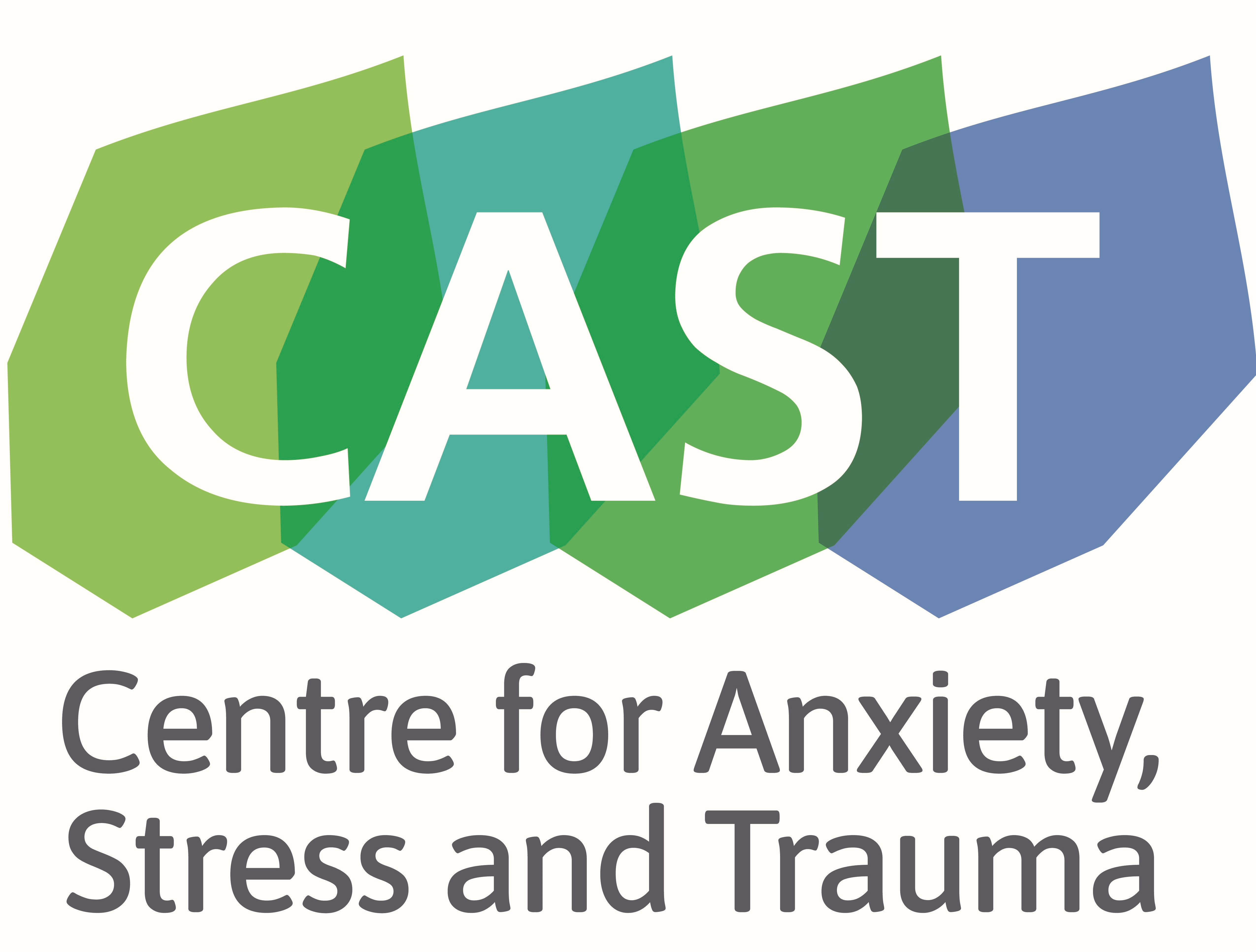
CAST was approached by NHS England to provide support to its programme to recruit qualified nurses who were refugees in the Middle East. The programme would help the NHS, which – in most years – has to recruit nurses overseas to make up a shortfall in Britons who want to train in nursing. The prospects of the nurses would be improved since many found that, as refugees, they found it more difficult to progress their careers in the countries they were living in. And indeed the NHS was able to recruit some very high-quality graduate nurses as a result of the programme.
The concern was that some of the nurses would have experienced traumatic events and that they might as a result have mental health problems. NHS England was well aware that having PTSD or another trauma spectrum disorder was not likely to impair the ability of nurses to do their job, but they wanted to make sure that anyone who had a problem had the chance to have that identified and addressed.
The CAST input was expert trauma advice, screening and brokering treatment (the nurses were going to hospitals across England). It was part of a wider programme. The University of Liverpool was providing educational support to help nurses transition to the NHS and to make sure they were set on the path to get their qualifications recognised in the UK. A voluntary sector provider was arranging for volunteers in the area they were living in to meet them and help them settle and another provider Talent Beyond Boundaries, provided key logistics.
CAST provided input into the psychological aspects of international relocation using one of our associates with a special interest in this topic who had extensive experience in working with international companies relocating staff to or from the UK. This was to provide nurses with an idea of what to expect psychologically as a result of relocation, what problems people usually met and how to deal with some of them. CAST then offered those on the scheme one to one assessments which were conversations with standardised measures of trauma and common mental health problems at the end. We did not limit the discussion to mental health but looked at wellbeing more generally. Most of the people who took up the offer had multiple traumatic events in their histories which is common amongst refugees from war zones. Where people wanted treatment CAST liaised with their employers and helped to ensure that they received the treatment they needed wherever possible. Employers were generally grateful for the advice on management we were able to offer.
The nurses recruited into the programme were very high skilled and high functioning. This was an exercise in ensuring their needs, if any, were met. It also had some value in reassuring employers who sometimes, unnecessarily, worried what would happen if they took on staff with many trauma symptoms.
From CAST’s point of view, our objective was to build a programme that was bespoke to meet the need, not simply roll out something we had done before. There is always a danger in these circumstances of the provider doing what they want to, rather than what the commissioning organisation needs.

Contact
If you have a question or would like to work with CAST email us at contact@castcentre.org
Quick Links: People | Our Approach | Research & Practice | Contact us
© All content Centre for Anxiety, Stress and Trauma (CAST)
